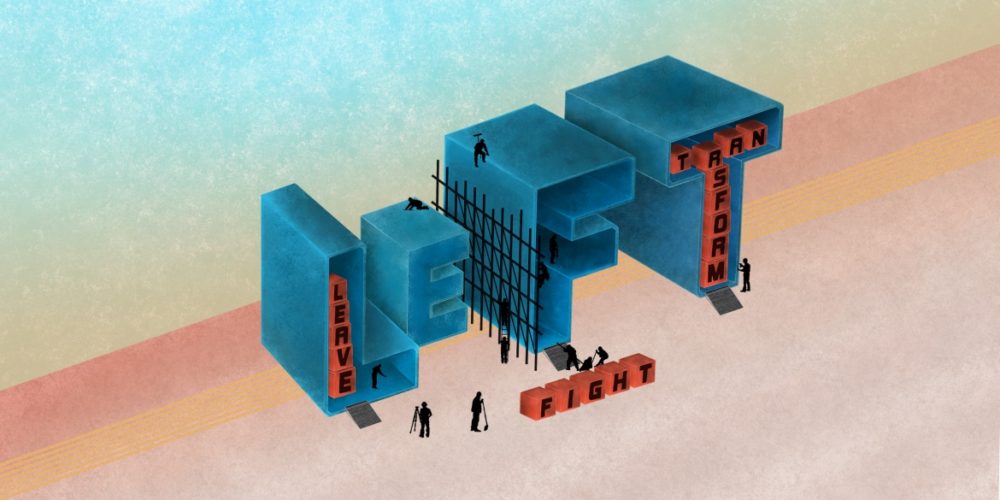The British state left the European Union on the 31st of January, after nearly three years of political theatre, manoeuvring, backstabbing, and manipulation.
How the ruling class now manage this process will depend very much on what the working class does. Many on the left have adopted a wait-and-see approach, thereby allowing the ruling forces a somewhat free hand as negotiations open up on the British state’s future relationship with the EU.
Not all voices in Britain have remained passive. Some, like the LEFT grouping, are attempting to mobilise workers to begin articulating and building for the type of Britain they wish to see after its departure from the EU.
The EU will not be the same as it was, now that a major country has left it. Equally, among the member-states workers are beginning to assert themselves. There have been a number of mass workers’ mobilisations, including general strikes in Greece and France. In particular, the Macron government, which came into office with the backing of the EU Commission and all the French establishment parties for its programme of savage cuts and attacks on workers’ gains, is now locked in battle with the French working class over its economic and social policies.
The crisis within the EU is manifesting itself both industrially and politically. In many member-states the populist right is attempting to capture working people’s frustration by identifying and attacking the wrong enemy, thereby deflecting the people’s understanding onto those who are not their enemies but potential allies.
The essential struggle about and within the EU continues to be for sovereignty and democracy.
Here in Ireland, workers and all democratic forces need to mobilise to ensure that there is no “hard” British border in our country, dividing our people. We need to ensure that the Irish state is pushed to demand that the economic and customs border between the EU and the British state is down the Irish Sea, not across our country.
We will find natural allies within the British labour movement who have a long history of opposing British control and interference in Ireland. Those allies will not be found within the British establishment, or the political parties that serve their interests.






